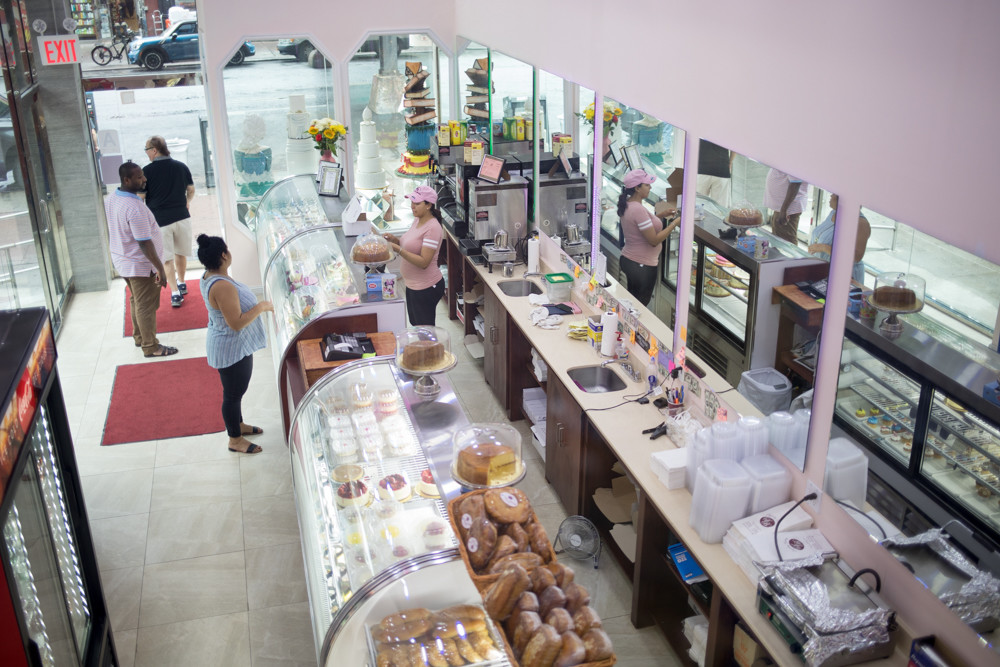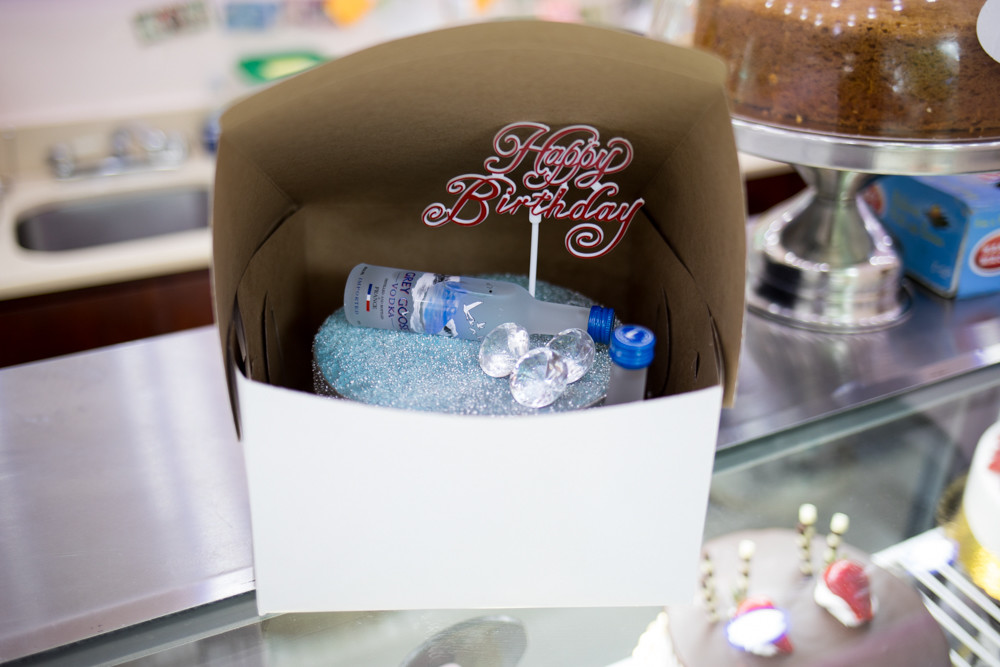Heavy hand of regulation stifles small businesses
Running a bakery — or any mom-and-pop, for that matter — is no cakewalk. Yet, Enrique Rojas has been doing just that at Sugarboy Bakery Cafe on Bailey Avenue in Kingsbridge Heights for nearly a decade, creating custom cakes that delight what he describes as a loyal, adoring clientele.
It’s those cakes — think sports cars, castles, designer handbags, Universal Pictures’ “Minions” and tequila — along with his fortitude weathering some early financial struggles, that has helped Rojas open a second location a few blocks away on Broadway just three months ago.
“I wanted to stay here in this part of the Bronx,” Rojas said. A dazzling display window at the new outpost has inspired legions of Instagram posts and “shows how happy I was in this community, that I was willing to invest this kind of money in Kingsbridge.”
Yet, Rojas’ success seems more an exception than a rule — not because of how businesses are managed, but what some are calling “thousands” of crippling citywide regulations, fines and penalties — not to mention onerous, antiquated tax codes and rising rents. All of that, according to the borough’s business improvement districts, stifles the ability of small businesses to operate and grow while threatening jobs and the very fabric of the communities they serve.
“When we lose our commercial corridors, we lose our communities,” said Councilman Mark Gjonaj, chair of the small business committee, in a release. “We lose those shops that give life to our neighborhoods — and lose our commercial tax base, which will lead to increased residential taxes to make up the difference.”
Rojas credits his innovative spirit as key to Sugarboy’s longevity amidst some of those challenges.
“When I first started, we started like everybody else, doing exactly the same thing,” Rojas said of his family-run shop. “We kept looking for new trends,” going beyond the basics like loaves of bread and wedding cakes. “We’ve been what I consider ahead of the game in this area. I think that helps us a lot. Everybody stays the same, doing the same products.”
But he couldn’t have done it without his customers, who helped him survive some rough early years when he started the business in the midst of the Great Recession. And, he says, most of them have stuck by him.
“I would say the economy right now is not that strong,” Rojas said. “A lot of people are afraid of spending. What we sell is not a necessity. It’s a luxury.”
Leaner times might be slightly less consequential to supermarkets, Rojas said, because “even when people have no job, they still have to eat.” But a bakery? “They can always do without a cake.”
Even if Sugarboy’s story is a testament to the payoff of hard work, courage, a supporting community, and a little bit of luck, it’s still not easy for Rojas. Like most small business owners, his struggle to stay afloat never abates.
“Taxes, insurance,” Rojas said, listing off what cuts into the cash he hauls selling sweets. “Most of the landlords think you’re selling gold, and they want half of that.”
Then there’s worker’s compensation which, in a bakery, is “incredibly high,” Rojas said, with annual insurance premiums ranging between $2,000 and $6,000, according to commercial insurance agency and brokerage Insureon.
There’s also a yearly health department inspection to worry about.
“Everything has to be almost perfect,” Rojas said. “There’s so many regulations you have to be aware of,” including maintaining proper temperatures, avoiding cross-contamination, and cleaning and sanitizing all food preparation surfaces. The permit itself, once the inspection is passed, costs $280 for most food service establishments in the city.
Given the laundry list of obstacles, it’s little short of a miracle Sugarboy’s still cranking out its custom cakes. Yet, some entrepreneurs have the odds stacked against them from the get-go because they haven’t done due diligence on inspections and other regulations they’ll face.
“These people come in and want to rent a store and start a business,” said Katherine Broihier, executive director of Kingsbridge Business Improvement District. “They do not know what they’re getting into.”
Like needing to obtain — and pay for — various permits.
“‘This meets sanitation code.’ ‘This meets fire code,’” Broihier said. “Whatever inspections a building is required to have, ask (business owners) what they paid for that five years ago and what they’re paying now.”
But those permits and certificates aren’t the only thing that makes operating a small business a struggle.
“Property values have gone up,” Broihier said. “Rents have gone up, of course, with it. It’s all made for a really stable small business community. There is hardship on one hand, but a lot of the hardship is poor planning.”
Although it might be easier to have a boss than be your own boss, many people are still attracted to the prospect of owning their own business, Broihier said. And they don’t realize many of the personal challenges until it’s too late.
“You have no life,” she said. “You do not know the problems you’re going to run into. You don’t know anything about city regulation. You don’t even know what a good lease looks like. I’ve seen leases that, Lord almighty, you would not believe some of the things written into those leases, how restrictive and difficult they are.”
In fact, it’s enough to make some aspiring entrepreneurs not even give it a shot. But Rojas did, and he says it’s worth it.
“When you start adding everything up, it’s very expensive,” the baker said. “I’m not complaining. But you’ve got to do what you’ve got to do to stay in business. It’s not easy.”













